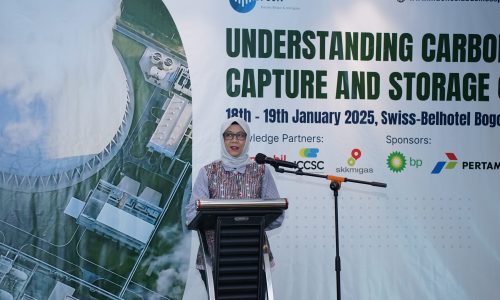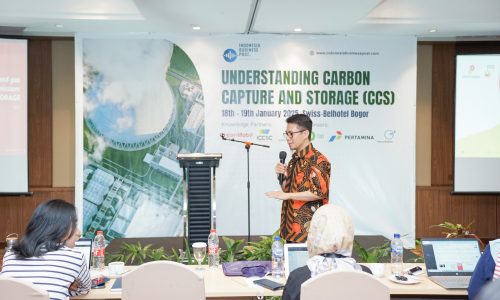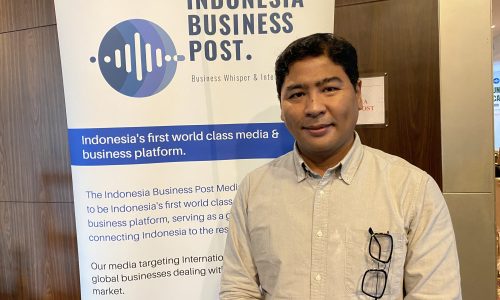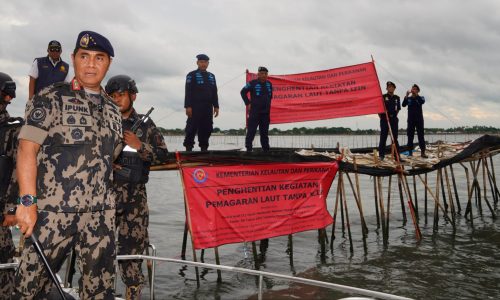Indonesia and Israel have mutually agreed on some bilateral cooperation under the facilitation of the United States of America.
Niruban Balachandran, Senior Fellow at the Southeast Asian Affairs at Centre for Peace Communications and the new director of East-West Center, said that both countries have agreed on several things.
Dialogue outcomes between Indonesia and Israel
First, Indonesia will grant visa on arrival for Israel citizens coming to Indonesia. “However, it will be more complicated for requesting the same thing for Indonesians visiting Israel as it may pose security risks,” he told Indonesia Business Post via Zoom on March 9, 2022.
Until today, Indonesia and Israel do not have diplomatic ties. Instead, there have been trades, investments, defense and intelligence underground cooperation between the two countries. Most of Indonesia’s Muslim populations are still concerned about Israel occupation in Palestine.
Second, there will be direct flights between Tel Aviv and Bali. The direct flights will also expand to Jakarta and some other cities.
Third, Israel will open a small branch of its most prestigious Technion Institute of Technology in Depok, part of the Greater Jakarta (Jabodetabek). The university is one of the best technological universities in the world, comparable to US Ivy League. Indonesians can learn advanced technology in health, agriculture system, water system, cyber security and information technology (IT).
Four, Israel will donate some of its most advanced agricultural technology to Indonesia agriculture ministry. “The transfer will be made through trade minister, but the beneficiary will be agriculture minister,” Balachandran said.
Five, according to Balachandran, countries – who have normalization of relationship with Israel under The Abraham Accord like the United Arab Emirates (UAE) – wish Indonesia to have a diplomatic relationship with Israel.
They believe having a diplomatic relationship with Israel will benefit the country and other Islamic countries, like Saudi Arabia, will follow suit.
The UAE has deposited millions of dollars to Indonesian Sovereign Wealth Fund. They promised that other Abraham Accord countries and the US will invest more to the Indonesia Sovereign Wealth Fund on a condition that Indonesia opens up a diplomatic relation with Israel.
Indonesia can advocate for Palestinians through a diplomatic tie with Israel
“The conversation is ongoing, things may change and things may be added to it. I am sure Indonesia wants some concessions to show that they still support Palestinians,” Balachandran said.
In his opinion, diplomatic relations between Indonesia and Israel will benefit Indonesia. If Indonesia wants to innovate, grow and increase its economic prosperity, then Indonesia needs to be more connected to a country that can provide most advanced innovations in agriculture, security, healthcare and also biotechnology like Israel. He also added that as the chair of G20, it does not look good if Indonesia has no tie with Israel, unlike the other 19.
Beside, Indonesia will have a voice in the Middle Eastern conflict if the country has a diplomatic tie with Israel. Indonesia can help and save Palestine if Indonesia has better connections with Israel. If Indonesia wants to increase the quality of the life of Palestinians, Indonesia can negotiate with Israel. The Jews State will be responsive to Indonesia’s request since it wants to continue its relationship with Indonesia.
Challenges for a diplomatic relationship between two countries
Despite some developments of both countries’ relationship, Balachandran said there were at least two levels of challenges faced by Indonesia and Israel in strengthening their ties.
First, the interference of Palestinian authorities or Hamas in Gaza. The two Palestinian political bodies may try to put this relationship on a halt because they have connected with the Indonesian leaders.
“For example, when Yahya Cholil Staquf, the incumbent chairman of the Nahdlatul Ulama (NU) [Indonesia’s largest Muslim organization], spoke in Jerusalem a few years ago, Palestinians tried to stop it. But they did not succeed,” Balachandran said, adding that the act was immature and unproductive.
The second challenge is the general sentiment of antisemitism which is still high. Based on the Anti Defamation League (ADL) in 2014 called the Global Antisemitism Index, most Middle Eastern countries ranked at around 90 of 100 as the highest index. Indonesia was in the 70s on the index.
According to the ADL, the high antisemitism index in Indonesia is caused by the absence of interaction between Indonesians and Jews. In its report, ADL said around 90% of Indonesians never met Jews in their lives.
“Antisemitism is a challenge because people tend to refuse to make contact,” Balachandran said, adding that although Indonesians did not agree with Israel government, they can still have interaction with Israeli as a human being. “There is a difference between people and the government.”









